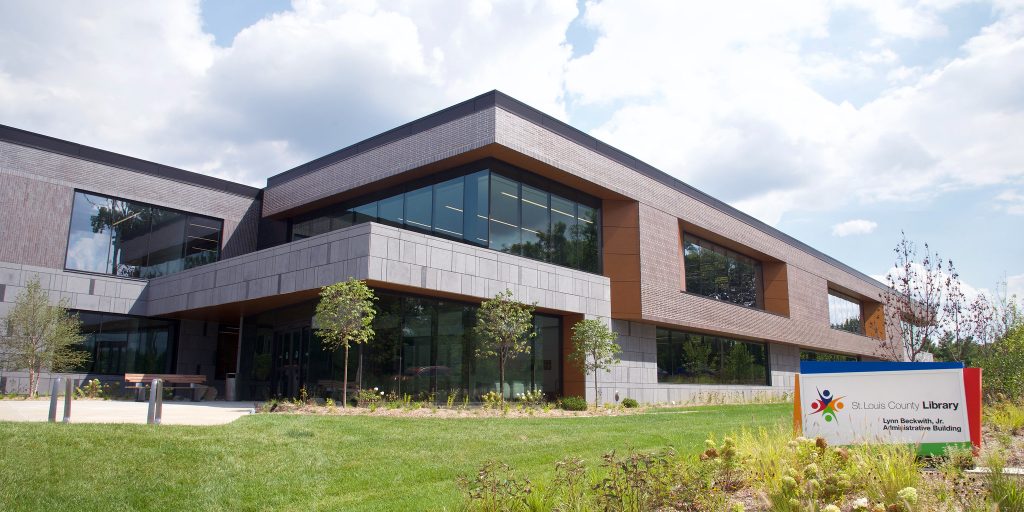High-scoring, high-ranking public libraries boost their communities’ quality of life
No question, a quality public library is a key asset to a community. Robin Samora, a marketing and public relations expert in Boston, is sold on the benefits that her public library offers in Andover, Mass. She says the library she patronizes assists the community in many ways. She says the benefits include:
- Quiet time to study or do work
• The library’s incredible 1:1 research help from its reference librarians
• The library offers a convenient meeting place for tutoring
Samora adds that the library offers “the ability to request best-seller books, videos and browsing the plethora of resources online.”
She explains: “My local library in Andover, Mass. is outstanding. I go there often (and call) the reference librarians for information that’s detailed and hard to find. They provide tremendous value about how to find information and teach patrons the easiest ways to access this data online.”
Samora believes high-quality libraries attract business owners to a community. “Absolutely, especially entrepreneurs and professionals who are savvy enough to take advantage of the library’s resources and research services. High-quality public libraries are the best kept secret in town. I call my reference librarian team with questions on brainstorming (how-to, where is) information—and best practices/locations on how to easily access the library’s online databases.”
Yes, public libraries can have a positive influence on a community’s economy, says Charles Pace, executive director for the Gwinnett County Public Library in Georgia. “In Gwinnett County, our public library’s economic impact simply cannot be overstated. An independent study conducted by the Carl Vinson Institute of Government at the University of Georgia in 2018 estimated our libraries contribute an estimated $11.6 million in indirect and induced economic impacts. For every dollar input into our library system, we return an estimated $4.26 back in services and economic impacts. Library users are able to start and grow new businesses using the resources provided by our library. High-quality public libraries can certainly have a significant economic impact, thereby attracting new businesses.”
Pace says well-equipped, high-quality public libraries can also help individuals in disadvantaged communities upgrade their skills and obtain better jobs. “Many of the programs helping our local community attract new or expanding business are precisely aimed at increasing our qualified available workforce and helping uplift our disadvantaged neighbors. Our Career Online High School, for example, provides adults between the ages of 18 and 64 with instruction, coaching and other resources to graduate from high school in as few as six months. There are currently more than 70,000 adults in Gwinnett County who have not achieved this critical milestone in their educational and career development.”
The Gwinnett library is also helping new enterprises get off the ground. “We are also starting businesses through our New Start Entrepreneurship Incubator. This innovative program is designed to help community members who have served time in jail or prison create their own businesses and overcome barriers to professional success,” Pace explains.
High-achieving public libraries can help educators in the community, Pace believes. “Great libraries play a critical role in student success. Families choose to raise their children in Gwinnett County, in part, because our library system offers such robust access to a variety of school success programs from elementary, middle and high school resources like access to online tutoring via Tutor.com to homeschool programming and resources. There is ample research showing positive correlations between high-quality library programs and student achievement.”
Pace’s conclusion: There’s no doubt about it—public libraries are a crucial community resource. “In Gwinnett County, our public library’s $11.6 million economic impact is derived from our total $74.9 million service valuation, which includes our reference services, programming, computer and internet access, database access, circulation, inter-library loan, in-library material use, special items circulation, volunteer hours and meeting room use. On their own, each of these resources and services offer tremendous value, but their combined contribution to Gwinnett County is priceless.”
Pace says it is important to remember that the cost of the library’s collective resources is largely unattainable for individual community members. “Without high-quality public libraries, these individuals and their local economies would be cut off from information and tools that could help them grow their business, complete their education and become more productive citizens.”
The gallery above is based on results of the latest “Star Libraries by the Numbers Library Journal Index 2021.” The LJ Index rates U.S. public libraries based on selected per capita output measures. Some of the per-capita measures include: circulation, e-circulation, library visits and public internet computers users. This latest ranking shows 5,608 U.S. public libraries qualified to be rated in the Index. Click throught the gallery to see the top 10 ranked public libraries with expenditures of $30 million or more.
Michael Keating is senior editor for American City & County. Contact him at [email protected].




















